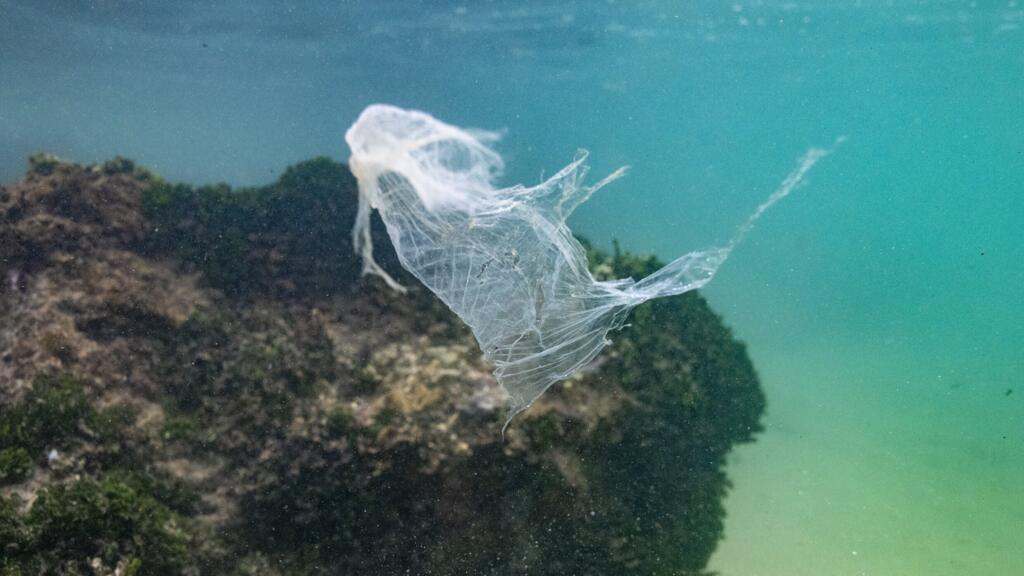Global Negotiations on Plastic Pollution Treaty Intensify
On Thursday, negotiators from 185 countries convened in Geneva for the final push to finalize a global treaty aimed at combatting plastic pollution. This moment comes at the culmination of three years of intense discussions and deliberations, as nations grapple with the immediate need to address the escalating plastic crisis that poses significant threats to ecosystems and public health worldwide.
The atmosphere in the conference halls has been marked by rising tensions, particularly between two distinct factions: those advocating for strong, decisive action against plastic pollution and the oil-producing nations that favor a strategy focused on waste management rather than a comprehensive overhaul of plastic production and consumption systems. The divergent priorities highlight the complexities of reaching a consensus on environmental issues that intersect with economic interests.
As the negotiators worked against a tight deadline, key stakeholders articulated their positions. Countries pushing for bold action emphasize the urgent need to reduce plastic production and enhance recycling initiatives to mitigate the destructive impacts of plastic waste. These nations argue that without significant reductions in plastic use, the harms to marine ecosystems, wildlife, and human health will continue to escalate. They stress that a robust treaty must include binding commitments to minimize plastic consumption and encourage the development of sustainable alternatives.
Conversely, oil-producing states have expressed concerns about the potential economic repercussions of stringent regulations on plastic production. These nations advocate for more flexible approaches to managing plastic waste, focusing on improving waste collection and recycling infrastructure rather than limiting production. They contend that such measures would create jobs and stimulate economic growth while addressing pollution challenges.
The negotiations have also prompted discussions around the role of the petroleum industry in plastic production, with many advocates pointing out that large corporations must be held accountable for their contributions to the problem. As plastics are derived from fossil fuels, the intersection of energy policy and plastic pollution has become a focal point of debate among the nations involved in the discussions.
In the lead-up to the final hours of negotiations, a sense of urgency was palpable as representatives worked to bridge the gap between opposing viewpoints. Proposals were put forth, including provisions for establishing international targets for reducing plastic waste and international funding mechanisms to assist developing nations in transitioning to more sustainable practices.
As the clock ticked down, observers noted that the outcome of these negotiations could set a significant precedent for future environmental treaties. The successful establishment of a global framework to address plastic pollution would demonstrate international commitment to combating one of the most pressing environmental challenges of our time.
Ultimately, the outcome of these discussions in Geneva will be pivotal not only for the environment but also for the future of international cooperation in tackling global issues. The eyes of the world are on this treaty, with many hoping it will lead to impactful, long-lasting changes in how countries manage plastic at both local and global levels.












